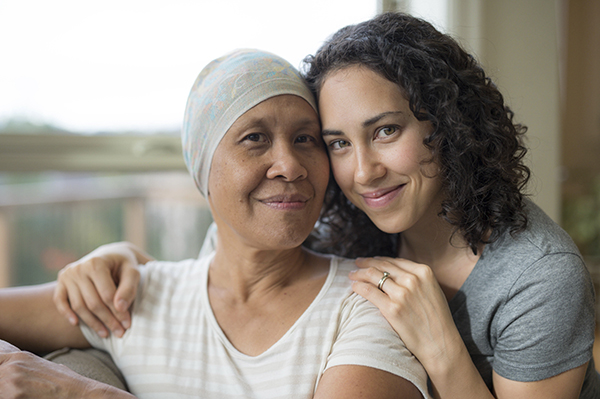Each year since 1999, we have attained an ever-increasing decrease in cancer-related deaths, a reassuring trend that’s poised to carry on as scientists discover more and more about the sources of cancer and are in a position to identify new and better treatment methods. But, cancer continues to be among the leading causes of death in America, second only to heart disease – making it crucial to continue to push forward with persistence to find a cure.
Here’s what we have learned to date:
- Diet is important. Even though a meal plan packed with antioxidants can help prevent cell damage (and protect against cancer), a recent study showed that in some instances, cancers benefit from a nutrient-rich diet, ultimately causing hastened metastasis. Due to this, the advice is to abstain from antioxidant supplements except in cases where the doctor prescribes them. Get your antioxidants from fruits, veggies, and beans instead, because the added molecules in the whole food makes a big difference. Additionally, a connection is suspected between sugary beverages (soda, artificially sweetened drinks, as well as 100% fruit juice) and an increased risk of cancer.
- Cancer may develop before birth. Most notably, acute lymphoblastic leukemia (ALL) is known to stem from a mutation that develops in utero, triggered when infection is first introduced. The recommendation is to make sure children are introduced to germs in the first year of life, to teach the immune system to cope with pathogens and avoid the secondary mutation that triggers leukemia.
- The emphasis is moving to immunotherapy. Those who have experienced the ravages of chemotherapy’s side effects will likely be relieved at the most recent treatment advances, which place emphasis on immunotherapy that allows the targeting of just the cancer cells themselves. A clinical trial of a “cancer vaccine,” in conjunction with a mild dose of radiation, has already shown promising results.
- The monetary impact could be overwhelming. A large study of 9.5 million cancer patients identified a typical financial loss of over $92,000, as 42% of these patients were forced to deplete their life savings to fund the cost of just the initial two years of treatment. Authors of this study share, “As large financial burdens have been found to adversely affect access to care and outcomes, the active development of approaches to mitigate these effects among already vulnerable groups remains of key importance.”
If you or a family member is going through the challenges of cancer, Independence-4-Seniors Home Care can help. Our professional in-home care team can plan and prepare healthy meals, pick up medications, provide accompaniment to scheduled appointments, and provide the emotional encouragement essential to focus on healing. Contact us online or call (630) 323-4665 for help and support in Cook, DuPage, Will, or Kane counties.

